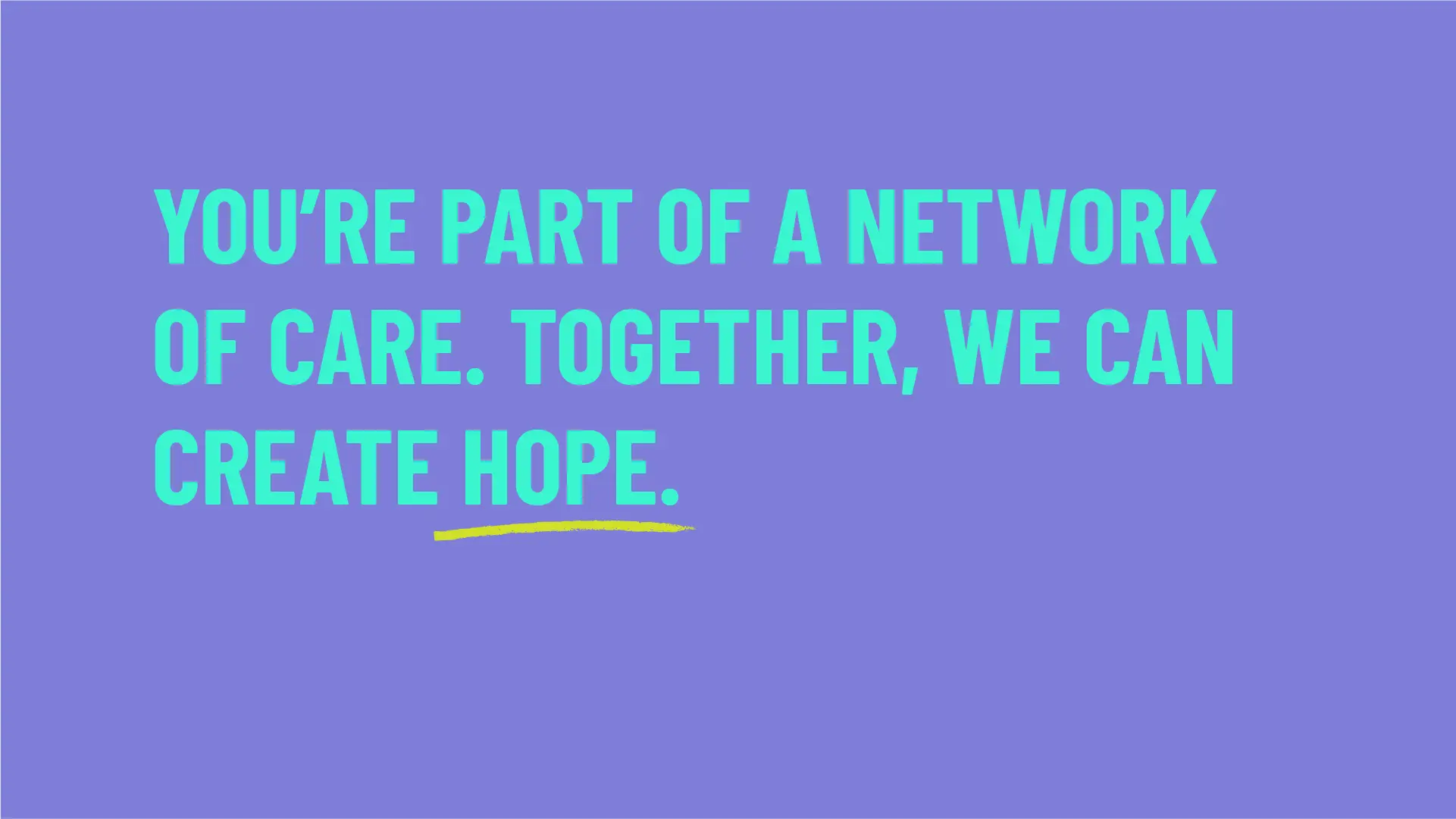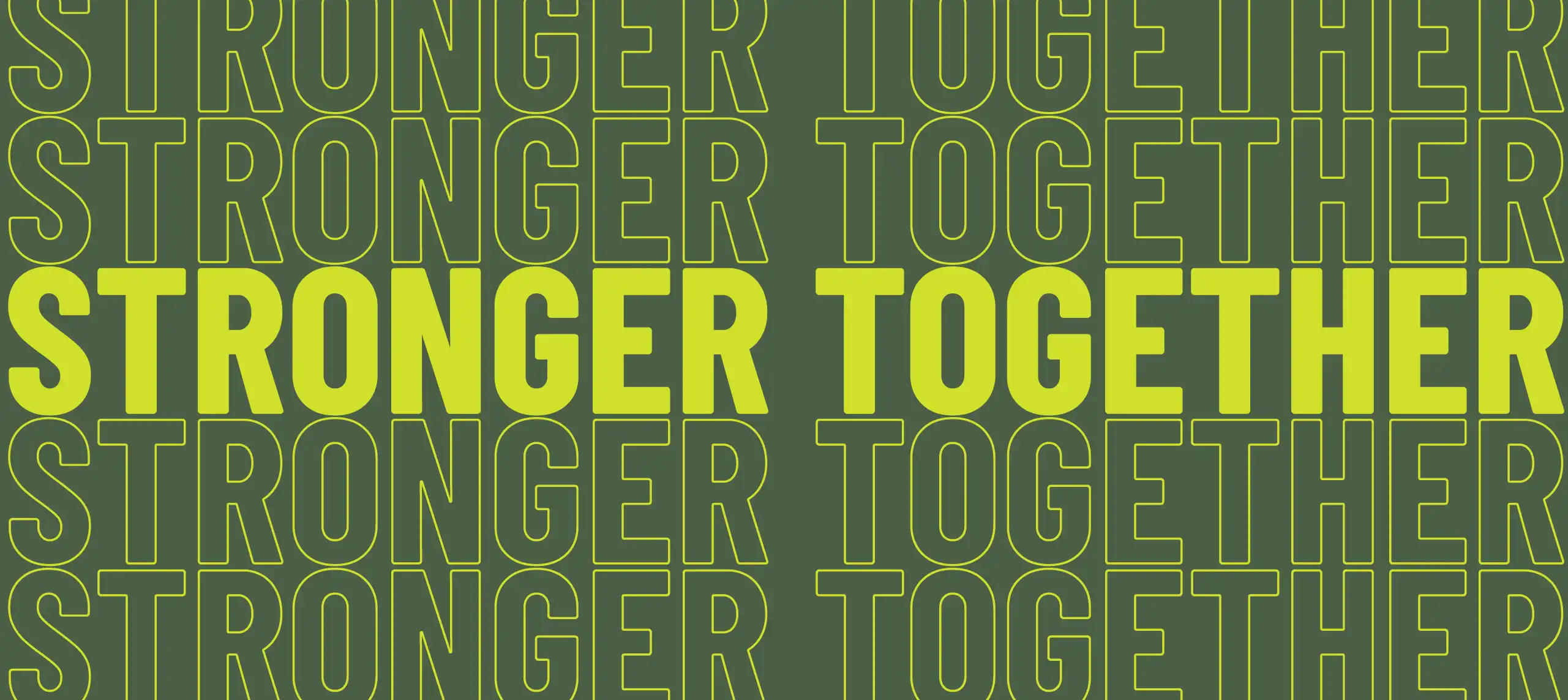
You are likely a trusted messenger without even realizing it. Trusted messengers are the people others turn to—family, friends, coworkers, and community members who can have real conversations and offer support. You might be the person someone confides in, or the one who notices when things aren’t right. Taking simple steps to notice, ask, listen, and connect someone to help could save a life. Learn how to be the link to hope and support.
Pay attention to subtle changes in mood, behavior, or habits. Sometimes, the warning signs are small, but they matter.
Starting the conversation can feel hard, but asking someone directly about suicide will not put the idea in their head. It shows you care and opens the door to help.
Listening without judgment is one of the most powerful things you can do. Often, people in crisis feel alone and misunderstood.
You don’t need to have all the answers. Your role is to connect them to support. Being the link means helping them reach the right resources.
Sometimes it can be hard to know what to do if you’re worried about someone. Here are practical steps to take when you think someone might be struggling with their mental health or considering suicide:
Begin with care and honesty. Try, “I’ve noticed you haven’t seemed like yourself lately. Is everything okay?”
Stay in touch regularly. A simple text, call, or visit can remind someone they’re not alone. Even small check-ins, like asking about their day or inviting them to an activity, can show you care.
Pay attention to behaviors like withdrawal, hopelessness, drastic mood shifts, or comments about feeling like a burden.
When you’re worried about suicide, ask clear and direct questions like, “Are you thinking about suicide?” Avoid vague or minimizing phrases like, “You’re not thinking anything crazy, right?” Being direct can help someone feel safe and understood.
Talk about safely storing firearms, medications, or other potentially harmful items to reduce risk. If someone is worried about losing access to their firearms but is struggling with their mental health, suggest asking a trusted friend or family member to hold on to them temporarily.
Reinforce that seeking help is a sign of strength. Offer to help find resources, make an appointment, or call together. Sometimes, just helping with the first step can make a big difference.
If someone is in immediate danger, call 1 (800) 320-1616. This free, 24/7 mental health crisis line connects you to trained professionals—not law enforcement. You can get advice, help someone access support, or request the Mobile Crisis Response Team (MCRT) for in-person assistance. Calls are confidential, though basic information will be needed for in-person support.
Learn about local and national support, such as the 988 Lifeline, 211 Tulare County, and other community mental health services. 1 (800) 320-1616 is a direct line to Tulare County’s mental health crisis services, including the MCRT team, which can respond in person when needed.
Trusted messengers like you are vital in raising awareness and reducing the stigma around mental health and suicide prevention. You can amplify this message by sharing information with your network. Use the graphics and sample posts below to spark conversations and help others learn how to Notice, Ask, Listen, and Be the Link.

